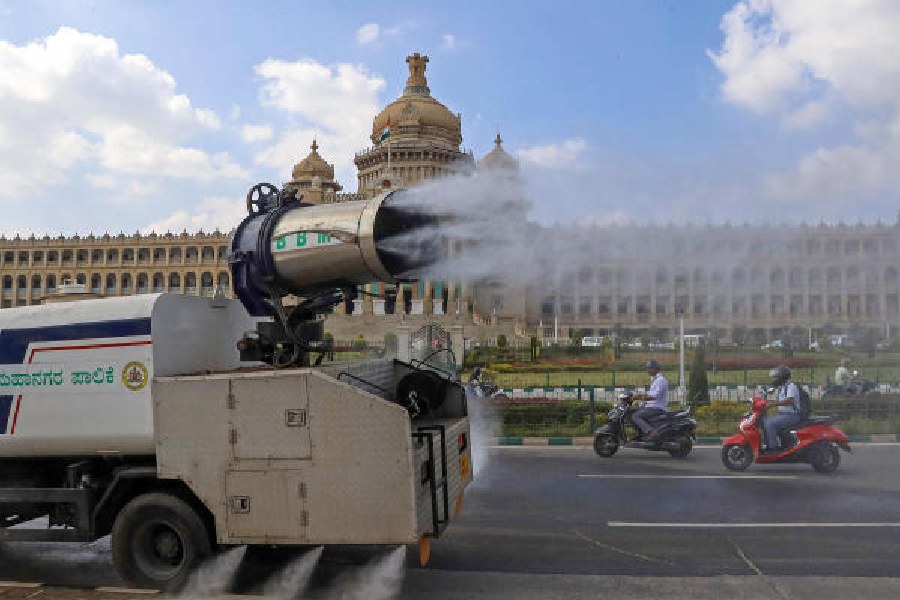Congress leader and former Union environment minister Jairam Ramesh has accused the Union health ministry of misleading Parliament by claiming that there is “no conclusive data” to establish a direct correlation of disease or death due to air pollution.
“This is a shocking lie,” Ramesh said on Tuesday in a post on X, citing a study that had earlier this month estimated at least 33,000 deaths each year in just 10 cities in the country. The Union minister of state for health and family welfare, Anupriya Patel, responding on Tuesday to a Parliament question related to air pollution asked by MP Jawhar Sircar, had said: “There are no conclusive data available in the country to establish direct correlation of death (or) disease, exclusively due to air pollution.”
Patel, in a written response, had said air pollution is “one of the triggering factors for respiratory ailments and associated diseases.” She added: “Health effects of air pollution are (a) synergistic manifestation of factors which include food habits, occupational habits, socioeconomic status, medical history, immunity, heredity, of individuals.”
Ramesh, in his post, described the minister’s response as a “shocking lie”, and cited the study published in The Lancet Planetary Health, a medical journal, earlier this month to argue that the “policy chaos in the government and ineffective National Clean Air Programme are directly responsible for tens of thousands of deaths.”
The study, India’s first 10-city assessment of how short-term air pollution exposure might impact mortality, had estimated 12,000 premature deaths attributed to unhealthy air each year in Delhi, followed by 5,100 deaths in Mumbai, and 4,700 in Calcutta, among 33,000 in the 10 cities.
Medical experts asserted on Wednesday that there is no doubt in medical and scientific circles that air pollution directly contributes to health disorders and premature deaths. They said the health ministry’s claim about “no direct correlation” disregards epidemiological evidence and appears to hinge on the challenges in establishing the precise physiological processes leading up to the deaths
of individuals.
“Air pollution has a cascading effect on the body. Independent studies in the past have established the physiological effects of air pollution on the body. And all the available epidemiological evidence tells us that air pollution enhances the risk of premature deaths through various mechanisms,” said Bhargav Krishna, a study team member and fellow at the Sustainable Futures Collaborative, a research entity engaged in environmental policy.
A panel of public health experts, responding to similar claims made earlier by the Centre, had in 2021 pointed out that diseases are by their nature multi-factorial — the product of behavioural, genetic and environmental factors.
“Epidemiology allows us to understand what proportion of any disease in a population is due to each of these risks. Such work has guided action(s) against serious risk factors such as tobacco, smoking, poor nutrition, or water contamination. Air pollution must be treated in the same way,” the panel said.











